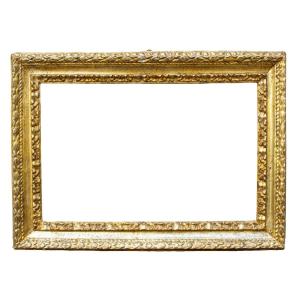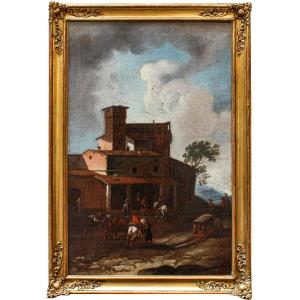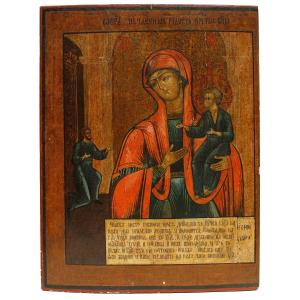Bust of Galileo
White marble, alt. cm 15
On base in red marble, cm 24 x 14 x 11 (total)
Depicting the Italian physicist and astronomer Galileo Galilei this small statue fits in the cult of busts of illustrious men.
Born in Pisa on 15 February 1564 into a family of ancient origins but modest means, Galileo Galilei was the first to refute the Aristotelian law according to which the motion of bodies is determined by their nature, For example, a heavy object falls faster than a light one, which is obvious when looking at a stone and a feather. On the death of his father in 1591, Galileo was given the responsibility of providing for brothers and sisters; he was offered a prestigious post at the university of Padua, in the Venetian Republic. It was during this period that he approached Kepler and adhered to the Copernican theory of ideas. In July 1609, Galileo heard in Venice about a Dutch invention that was used to observe objects from afar. In a day he built a prototype that he showed to the enthusiastic Venetian Senate.
The notables of the Serenissima offered him a place for life in Padua, paid with one thousand florins per year. There the scientist manufactured various lenses and several "cannons glasses", as they were called then, which he used to observe the sky discovering, between 1609 and 1610, The four major satellites of Jupiter, the rocky and irregular nature of the lunar soil, the phases of Venus and the sunspots. But fame led him to a mistake: he began to defend the Copernican system, and the envious rose up. In 1615 the Dominican friar Tommaso Caccini went to Rome to denounce the danger of Galileo’s theories to the Holy Office. Among the evidence, a copy of a letter from the same scientist with two sentences judged incriminating as they contradicted the Sacred Scriptures: «The Earth is not the center of the world, nor immobile, but it moves by itself» and «the Sun is [...] completely immobile». Galileo was then accused of heresy and condemned, and to save himself from certain death he abjured.
The object is in good condition
With Ars Antiqua it is possible to defer all amounts up to € 7,500 at ZERO RATE, for a total of 15 INSTALLMENTS.
Ex. Tot. € 4,500 = Monthly installment € 300 for 15 months.
Ex. Tot. € 3.600 = Monthly installment € 720 for 5 months.
For amounts exceeding € 7,500 or for longer periods of time (over 15 installments), we can provide a personalized payment.
Contact us directly to get the best quote.
LIVE
– SUNDAY 17.00 – 21.00 Dig.terr. 126 + 813 SKY
– In streaming on our website www.arsantiquasrl.com and on our social networks Facebook and Youtube
All the works proposed by Ars Antiqua are sold accompanied by a certificate of authenticity in accordance with the law and an accurate detailed information sheet.
It is possible to see the works directly at the gallery showroom in Milan, in via Pisacane 55 and 57.
We personally organize transport and deliveries of the works, both for Italy and abroad.










































 Le Magazine de PROANTIC
Le Magazine de PROANTIC TRÉSORS Magazine
TRÉSORS Magazine Rivista Artiquariato
Rivista Artiquariato